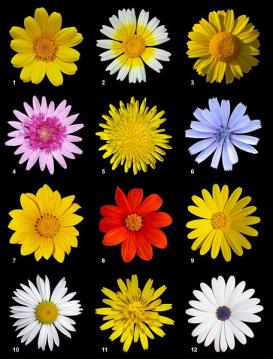While at the MPIWG, I will be working on two essays in an unfolding project on Anglophone poetics: the first, on “the notational” as a mode of poetic practice; and the second, on “the parenthetical.” These essays are part of an ongoing inquiry into lyric discontents and historicity. I will be working as well on my next book of poems.
The longer trajectory of my work on poetics engages with transformations in our understanding of the human sciences, 1750–now. My recent work is inflected in part by what T. Morton (among others) has called an "ecology without nature": that ecological web or "mesh" of interconnectedness we live in, inviting (or forcing) us to think more complexly about our enmeshment in many fields, whether cultural, natural, political, historical, and/or poetic. I am interested in the ways poetry variously registers “the climate of history” (to invoke D. Chakrabarty), from the eighteenth century to our own moment, reckoning with challenges to periodization and conceptualization in (and symptomized by the very term) “the anthropocene.” Such concerns animated two of my recent books of poems, Some Say (2017) and This Blue (2014)—and continue to unfold in my scholarship. My article in Representations, “Compositionism: Plants, Poetics, Possibilities—or, Two Cheers For Fallacies, especially Pathetic Ones!” (2017), takes up Bruno Latour’s call for a “compositionist” mode of inquiry, as opposed to critique.

